So many of us feel a flicker of untapped potential inside—a small fire that longs to grow. But for many, that spark is dimmed by something we don’t often realize is standing in the way of the desire to heal your body: our own health.
Not just our physical health, but the mental and emotional energy we spend thinking about it.
Whether you’re dealing with chronic conditions like type 2 diabetes or simply struggling with your weight, the time, energy, and mental bandwidth spent on managing these issues can be overwhelming. And they hold us back.
If we truly want to unleash the power within us, we have to start by healing both the brain and the body. And today, we’re diving into the body—what affects it, how to care for it, and why nutrition is the most impactful lever we can pull.
Want to Heal Your Body? Your Health Is Not Predetermined
It’s easy to assume that your health is just a matter of genetics. Maybe your parents had high blood pressure, or diabetes runs in your family.
But here’s the truth: genetics only load the gun—lifestyle pulls the trigger. Your daily choices have a far bigger influence on your long-term health than your DNA.
For instance, individuals with obesity who have the lowest genetic risk for type 2 diabetes are still five times more likely to develop the disease than those of healthier weight with the highest genetic risk. The common denominator? Lifestyle.
Food: The Most Powerful Tool You Have to Heal Your Body
The single greatest factor influencing your body is what you eat. And while it may be tempting to reduce food’s impact to just weight gain or loss, the truth goes much deeper. What you eat affects your risk of cancer, heart disease, inflammation, pain, arthritis, and virtually every other chronic condition.
Unfortunately, many people are in the dark about this—not because they’re not trying, but because the healthcare system often fails to emphasize nutrition.
A 2015 study found that U.S. medical students receive an average of just 19.6 hours of nutrition education during four years of medical school. Some schools offer as little as two hours. That means most doctors aren’t trained to advise you on the most important contributor to your health.
You have to take that education into your own hands.
Learn to Be Skeptical (In a Good Way)
In today’s world of headlines, influencers, and clickbait, it’s more important than ever to develop a critical eye.
Not everyone sharing nutrition advice has your best interest in mind—they may just be trying to get views or sell a product. And even if someone looks healthy, that doesn’t mean their advice is backed by science.
The best way to protect yourself? Understand the basics of research. You don’t have to be a scientist. Just having a foundational understanding of how research works can help you spot the difference between credible information and nonsense.
Research 101: A Quick Primer
Here’s a high-level breakdown of the types of research and why they matter:
- Peer-Reviewed Research: The bare minimum for trustworthiness. These studies are reviewed by experts before being published in scientific journals. They must meet certain standards to even be considered.
- Observational Studies: These track large populations over time to spot patterns. For example, we know from this type of research that eating more legumes (like beans) is linked to lower mortality rates—even when controlling for income, activity level, and other factors.
- Interventional Studies: These involve testing an actual treatment or change—like a new diet—and comparing it to a control group. The gold standard here is the double-blind placebo-controlled trial, though this isn’t always feasible for nutrition studies (you can’t blind someone to whether they’re eating broccoli or a cheeseburger).
- Crossover Studies: In these, participants serve as their own control. They try one approach, then switch to another, so researchers can see how the same person responds to both. This removes many variables, like genetics or lifestyle differences.
- Meta-Analyses: The most powerful of all. These compile data from dozens—or hundreds—of studies on a given topic to see what the overall evidence shows. It’s how we can be confident something is truly effective (or not), rather than relying on a single small study.
Why This Matters if You Want to Heal Your Body
Once you understand the hierarchy of evidence, you’re far less likely to be swayed by someone promoting the next trendy miracle cure based on one obscure study. Instead, you’ll look for the preponderance of the evidence—what the majority of well-conducted studies are saying.
And spoiler alert: they overwhelmingly say the same thing. Eat more plants. Across almost every health condition—from heart disease to diabetes to cancer risk—the evidence points to plant-rich diets improving outcomes.
What’s the Risk?
Here’s another important lens: risk. If someone says broccoli is good for you, what’s the downside of testing that for yourself? Almost zero. But when it comes to medications or unproven supplements, the risks can be much higher.
That’s another reason why focusing on whole foods—especially fruits, vegetables, whole grains, legumes, nuts, and seeds—is a smart move. The potential benefits are enormous, and the risks are virtually nonexistent.
Your Takeaway: Become an Informed Health Consumer
The world is full of opinions. But your health deserves more than opinions—it deserves truth backed by science.
You don’t need to blindly believe anyone, including me. In fact, you shouldn’t. You should validate what you hear. Look for the studies, understand their quality, and always ask: Is this backed by a body of evidence? Is there real risk in trying it?
Start where it’s easiest: eat more plants. Not because someone told you to, but because the evidence tells you to. Your body—and that fire inside you—will be forever appreciative.
For more on this topic, check out the episode of my Get Out of Your Own Way podcast below.
P.S. If you haven’t heard, my book is available now! Grab a copy here.
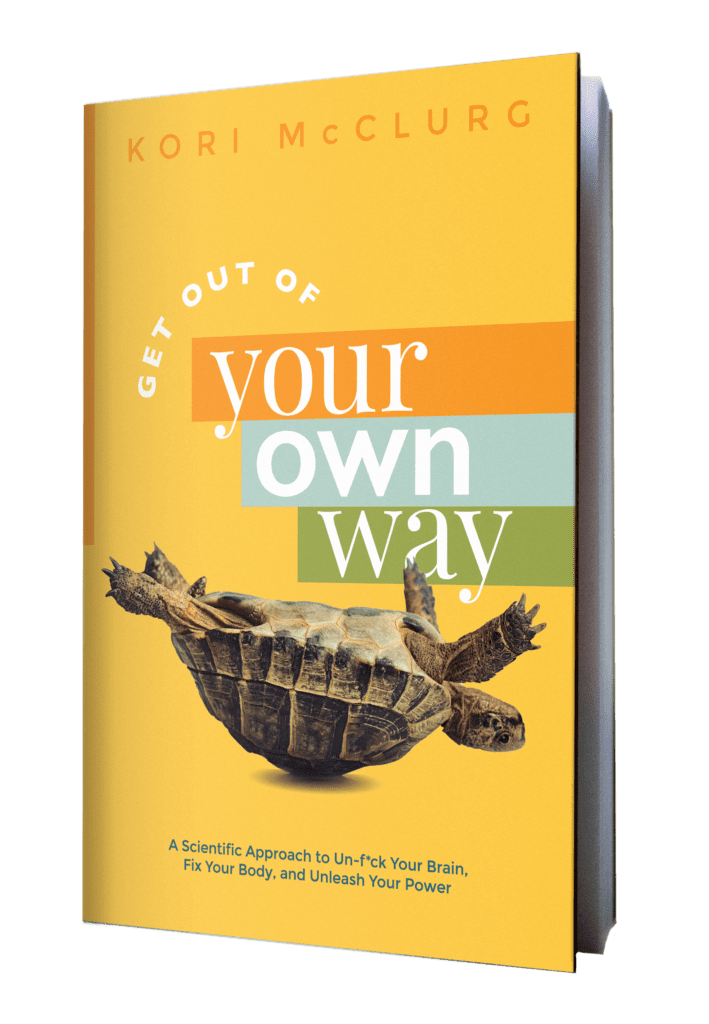
Finally, I think you’ll find some of these other blog posts helpful:
- Four Ways You’re Getting in Your Own Way of Weight Loss—and How to Overcome Them
- Get Out Of Your Own Way-My Book Part 1
- Reclaim Your Health: How Diet and Lifestyle Can Reverse Diabetes and Heart Disease
Save for later—Pin This Post!
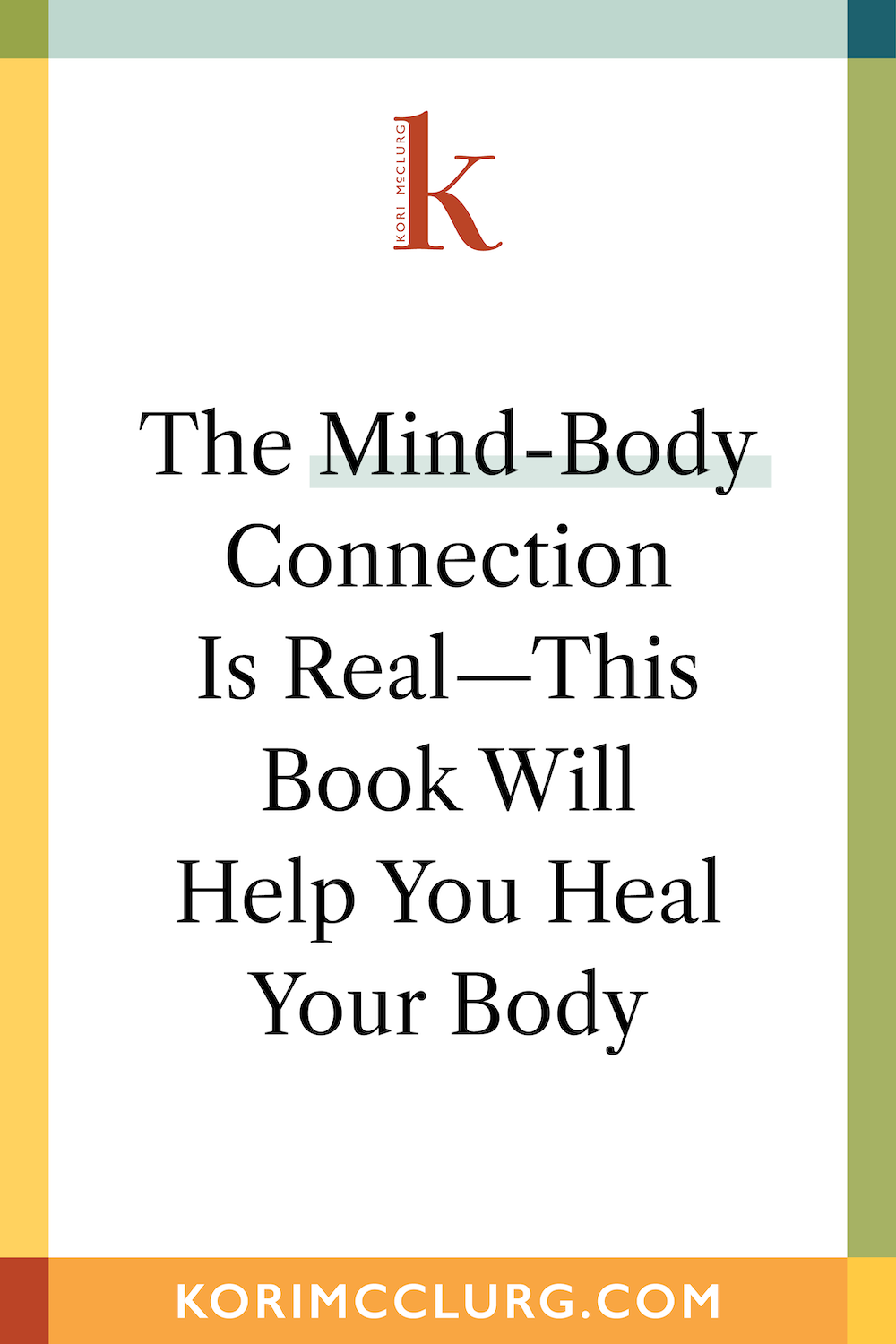

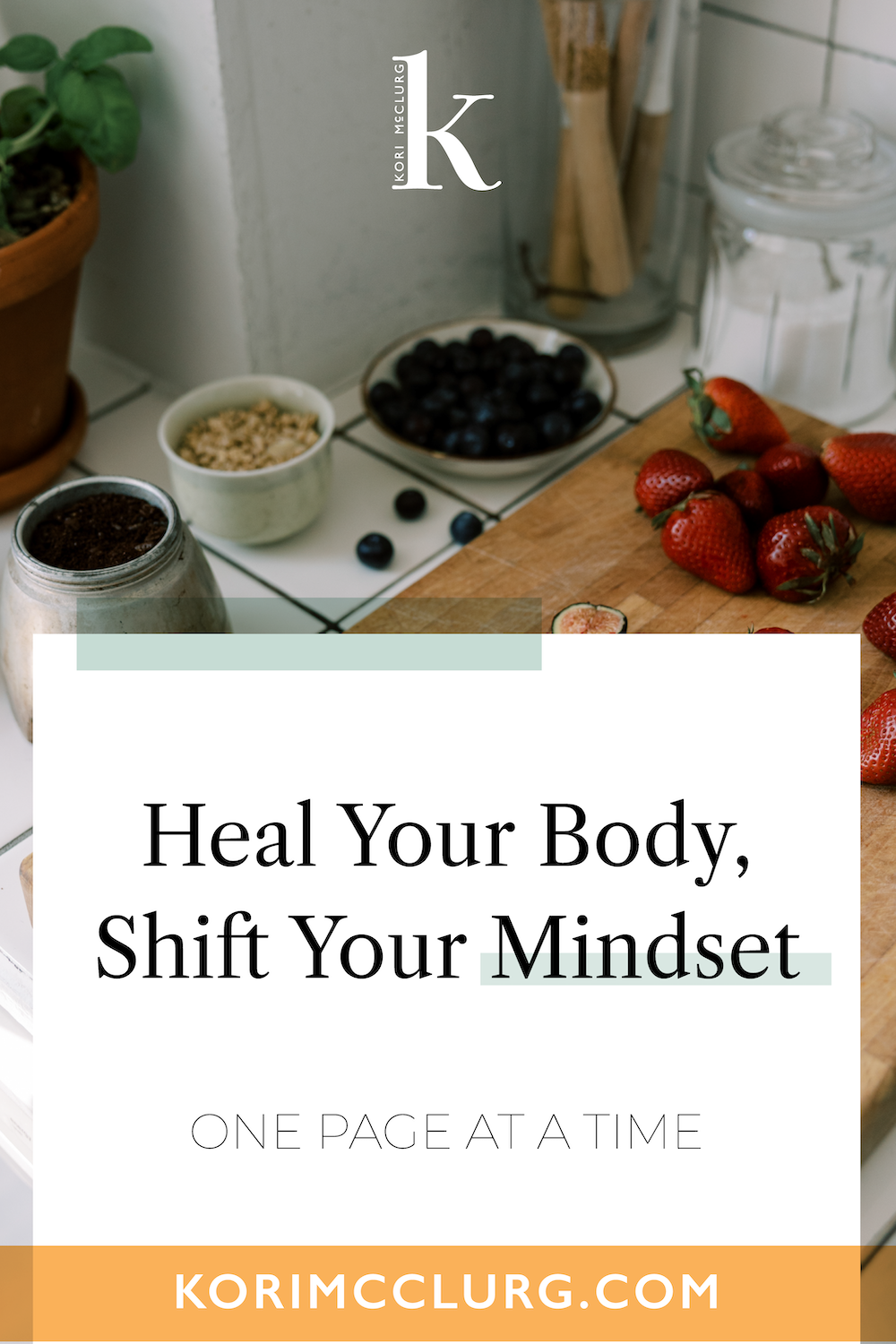
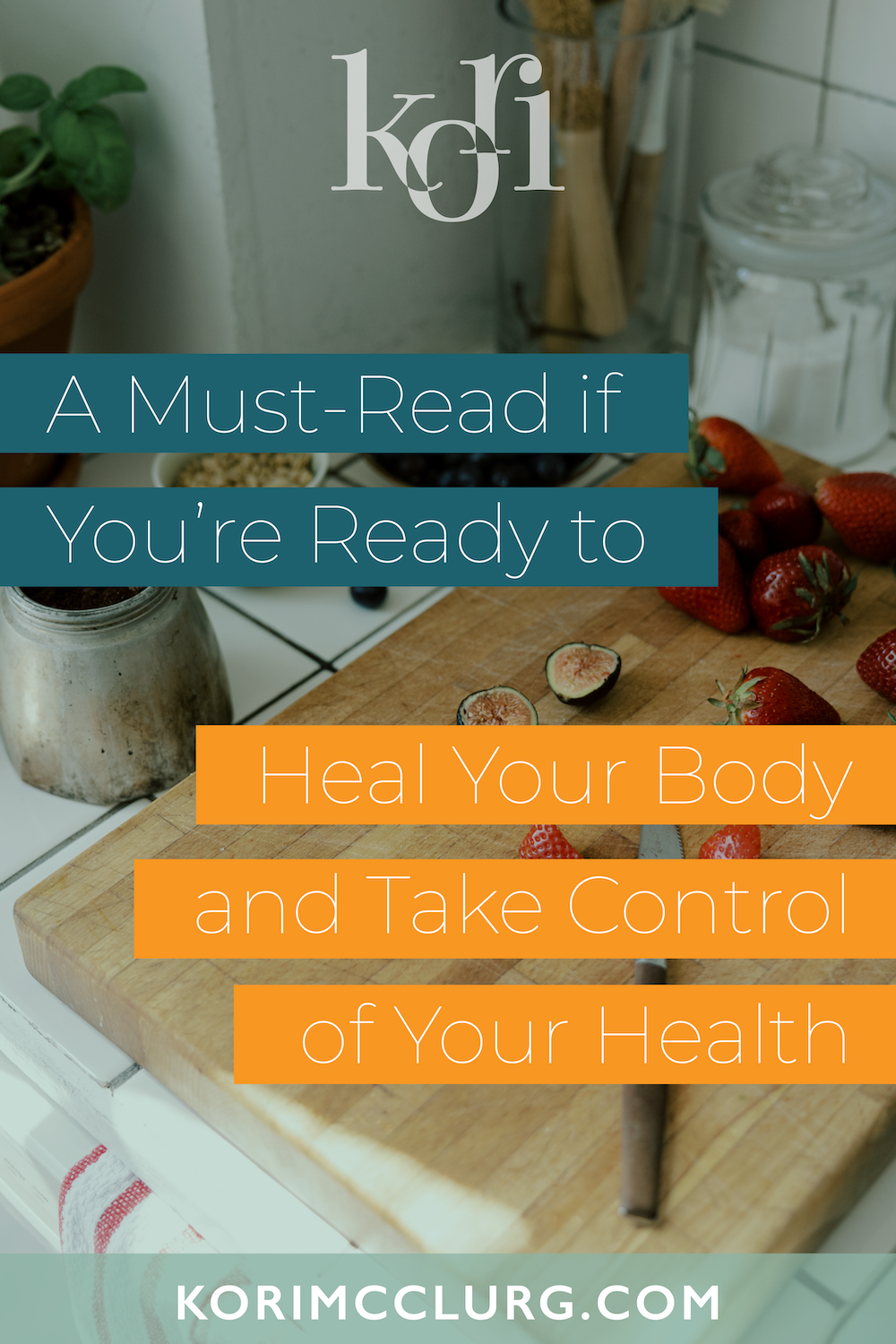
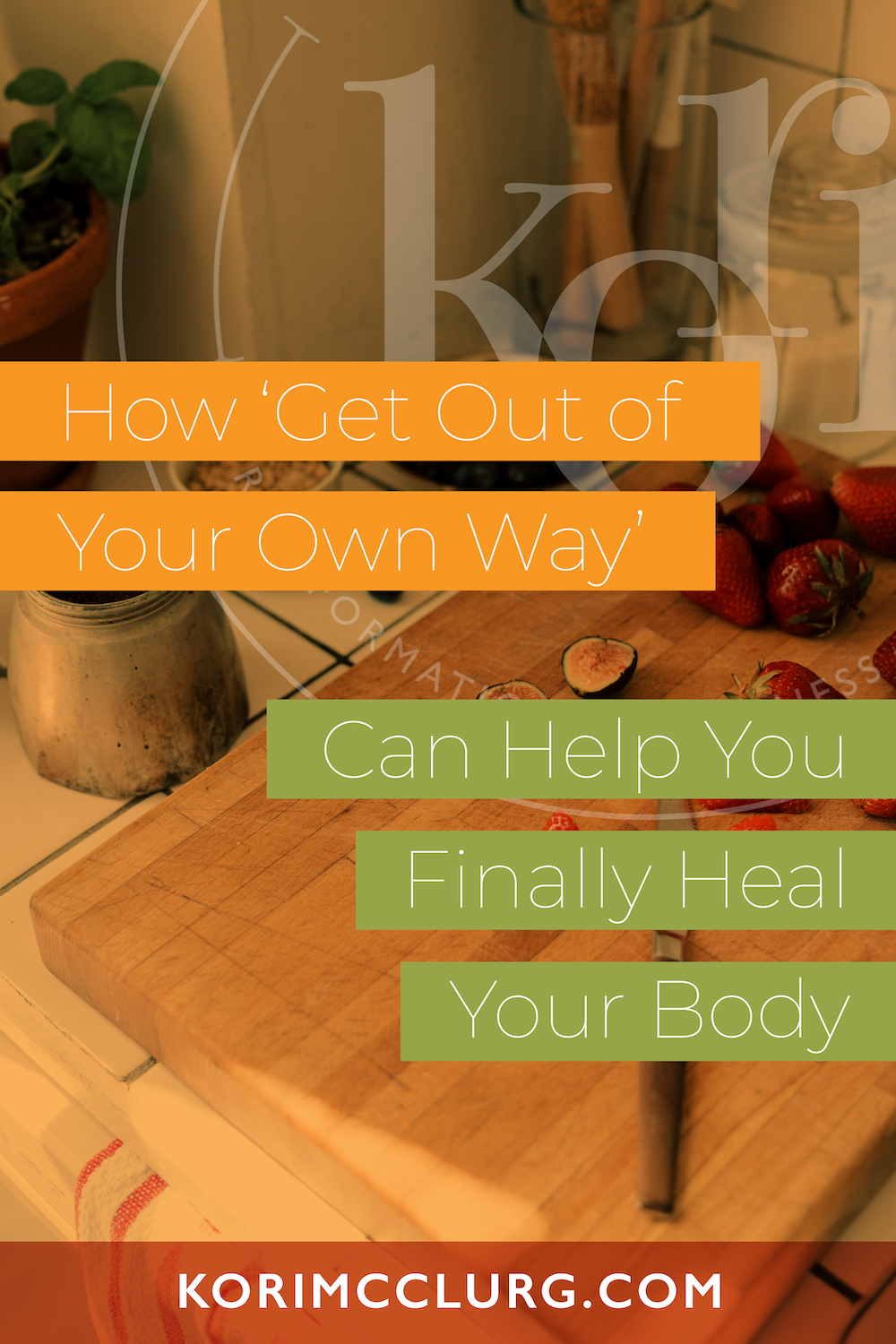
April 15, 2025
All content ©Kori McClurg 2025
Branding & Site Design by Moriah Riona Branding
All content ©Kori McClurg 2025